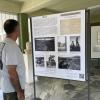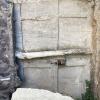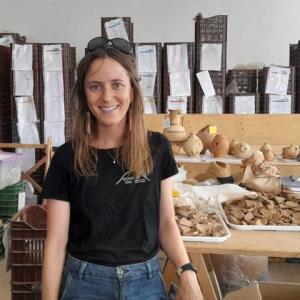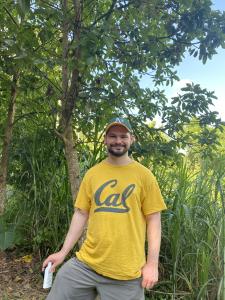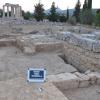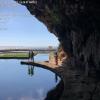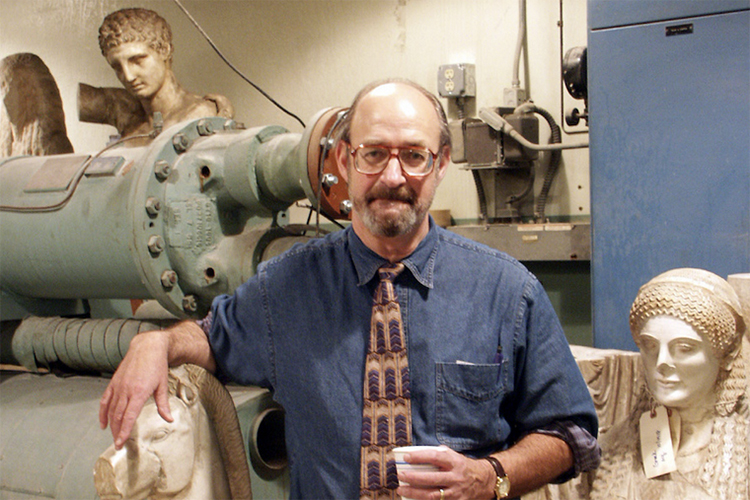Nemea, Sanctuary of Zeus Excavations at 100
Research at the archaeological site of Ancient Nemea (Sanctuary of Zeus) in 2024 included the architectural study of the Early Christian Basilica (5thc. CE), the installation and opening of the exhibit Nemea 100 commemorating 100 years of excavation at the site, and the study of unpublished legacy finds from the sanctuary.






